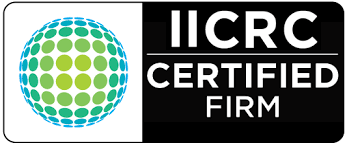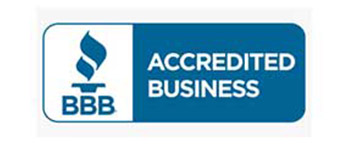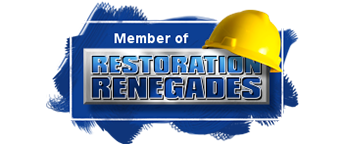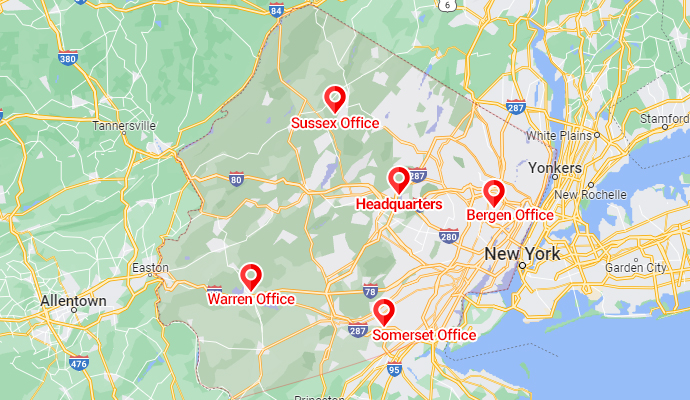The Impact of Soot on Indoor Air Quality
Soot, also known as black carbon, is a delicate particulate matter produced from the incomplete combustion of fossil fuels, biomass, and other organic materials. It is a component of smoke and is commonly associated with indoor air pollution. Soot can have a significant impact on indoor air quality, affecting both human health and the environment.
Some Major Impacts of Soot on Indoor Air Quality
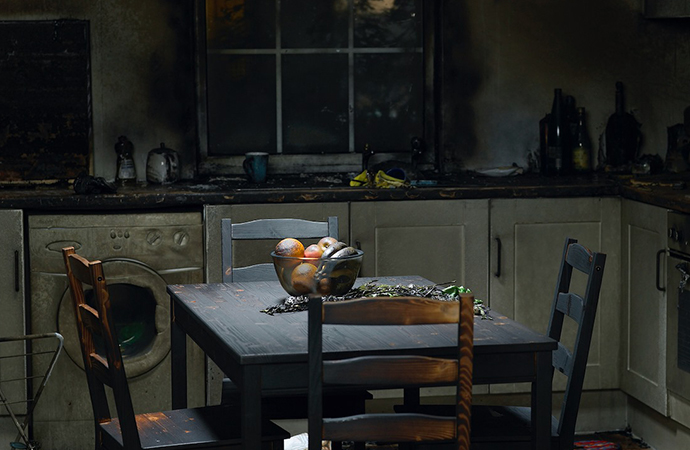
- Health Effects: Inhalation of soot particles can have adverse health effects. Soot particles are small and can penetrate deep into the respiratory system, causing coughing, wheezing, and shortness of breath. Prolonged exposure increases the risk of cardiovascular diseases, lung cancer, and premature death.
- Reduced Indoor Air Quality: Soot particles can accumulate in indoor environments and contribute to the degradation of indoor air quality. These particles can settle on surfaces, including furniture, carpets, and walls, resulting in black stains and discoloration.
- Respiratory Irritation: When inhaled, soot particles can irritate the respiratory system, leading to inflammation and discomfort. This can be problematic for people with respiratory sensitivities or allergies.
- Combustion Sources: Soot is commonly generated from combustion sources such as cooking stoves, fireplaces, wood-burning stoves, and improperly maintained heating systems. Soot levels can rise if these sources aren't properly vented and maintained.
- Climate Impact: Soot is a potent climate pollutant that can absorb sunlight and contribute to global warming. In indoor environments, while the climate impact is not as significant, the presence of soot particles can reduce the effectiveness of natural lighting.
What Steps Should be Taken to Reduce the Impact of Soot on Indoor Air Quality?
To minimize the impact of soot on indoor air quality, you can take the following measures:
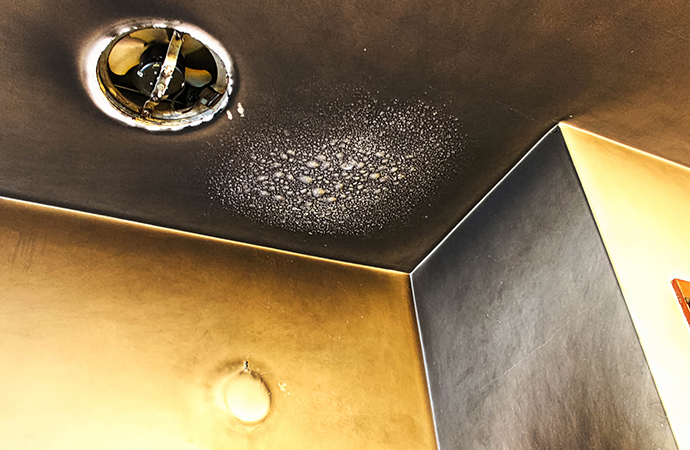
- Regular cleaning: Cleaning your home by vacuuming carpets, upholstery, curtains, or using an electrostatic duster can remove dust and soot particles.
- Air purifiers: Use high-efficiency particulate air (HEPA) filters in air purifiers to capture fine soot particles. Place air purifiers strategically in rooms to ensure maximum coverage and airflow.
- Proper ventilation: Ensure good ventilation in your home by opening windows and using exhaust fans to remove indoor air pollutants. Avoid smoking indoors, as it can significantly contribute to soot buildup.
- Eliminate or reduce soot sources: Identify and eliminate or minimize soot sources in your home. These may include candles, incense, wood-burning stoves or fireplaces, and cooking methods that produce smoke or soot. Consider using electric or gas appliances instead.
- Maintain HVAC systems: Regularly maintain your heating, ventilation, and air conditioning (HVAC) systems. Hire professionals to clean the ductwork periodically to remove any accumulated soot.
- Sealing and insulation: Ensure that your home is properly sealed and insulated. This helps prevent outdoor pollutants, including soot, from entering the indoor environment. Seal gaps around windows, doors, and other openings where soot particles may infiltrate.
- Indoor plants: Incorporate indoor plants known for their air-purifying properties, such as spider plants, peace lilies, or snake plants. These plants can help filter out certain pollutants, including soot particles, and improve indoor air quality.
- Outdoor prevention: Minimize soot sources outdoors to reduce their entry into your home. Avoid burning wood or trash, and encourage neighbors to do the same. Keep windows closed during times when outdoor soot levels are high, such as during nearby construction or wildfires.
- Regular inspections: To identify potential sources of soot or areas where it may accumulate, you may seek the help of a professional, who will provide you with regular inspections of your home and prevent further impacts on indoor air quality.
Get Expert Solutions with PDQ Fire & Water Damage Restoration
A professional company that has all the necessary expertise and equipment to remove soot from your property is PDQ Fire & Water Damage Restoration. We have been dealing with smoke damage and the resulting water damage for years. So we have the knowledge required. Our crews are IICRC-certified and provide support 24/7 in the New Jersey areas. Get our quick response by calling 973-447-3363. You can also contact us onlineto get free estimates.




